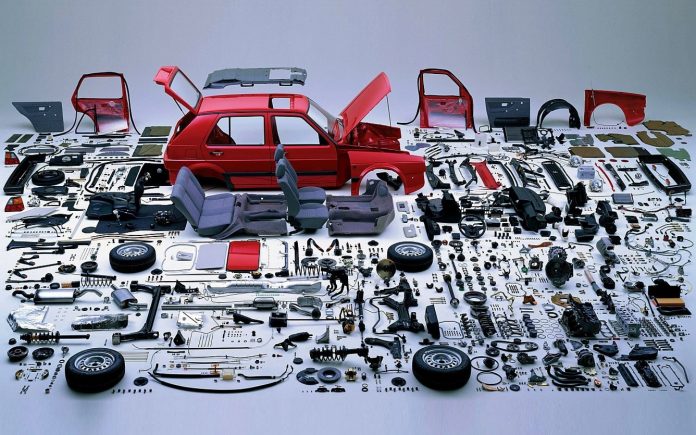KARACHI: The rumours surrounding the devaluation of the Pakistani Rupee (PKR) seems to have reached fever pitch, as auto part manufacturers ascertain the ramifications of such a happening.
A trailer of the havoc wreaked on the stock market was witnessed on July 5, when PKR fell sharply both in the interbank and kerb market to reach a 2.5 year high of Rs108 from Rs104.91 the previous day. The PKR had remained relatively stable since August 2015, and according to a Topline Security report, the currency devalued annually by 5 percent in the last decade.
Since the automobile industry is heavily reliant on imports to manufacture cars locally, devaluation of PKR would make imports costly. This would mean that the cost will be passed onto consumers, which is the safest thing to play by in most situations.
The apparent uncertainty clouding the market has left the automobile sector players in a dilemma. According to Pakistan Association of Automotive Parts & Accessories Manufacturers (Paapam) Chairman Mashood Ali Khan, not only will devaluation of PKR hamper business cycles but also impact all auto part manufacturers too.
PKR depreciation would reduce the profit margins of all auto part manufacturers providing supplies to car manufacturers like Honda Atlas, Pak Suzuki and Indus Motor.
Auto vendors are said to import almost 50 percent of the raw material which mainly constitutes various kinds of steels and plastics, according to industry estimates.
As per auto vendors, the government will have to swallow the bitter pill and allow the PKR to depreciate by December 2017.
Former Paapam Chairman, Munir K. Bana said PKR depreciation should not be done overnight and instead should be carried out gradually. He added that every item would become expensive including cars, because of PKR devaluation.




